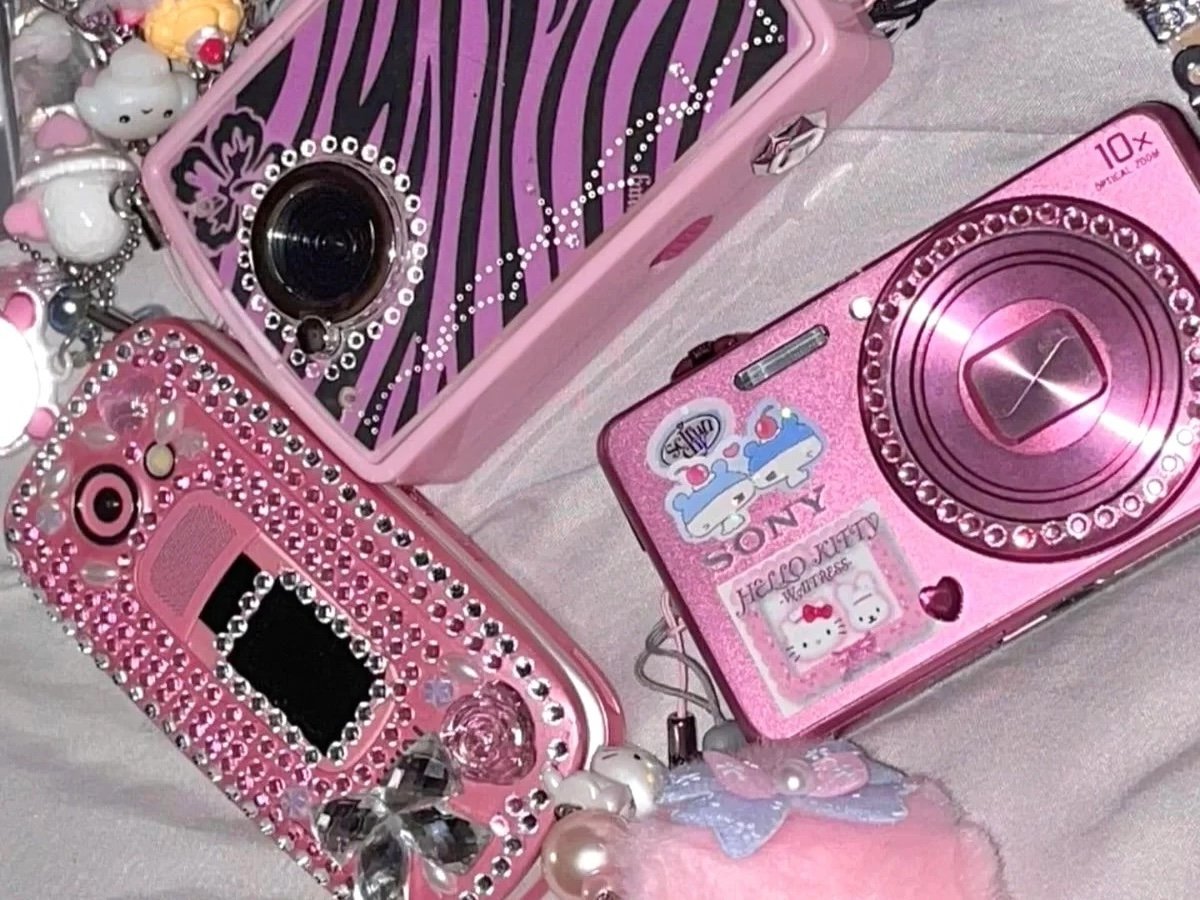In a world increasingly shaped by AI and hyper-connectivity, a not-so-quiet revolution is brewing among China’s youngest consumers. While the Y2K aesthetic has recently dominated subcultures of fashion, a deeper dive reveals that Generation Z in China is embracing a more profound form of nostalgia: a fervent obsession with Y2K-era tech and lifestyle goods. Flip phones, wired earphones, and even Discmen are no longer relics of the past; they are powerful statements of individuality and a conscious pushback against the always-on digital deluge.
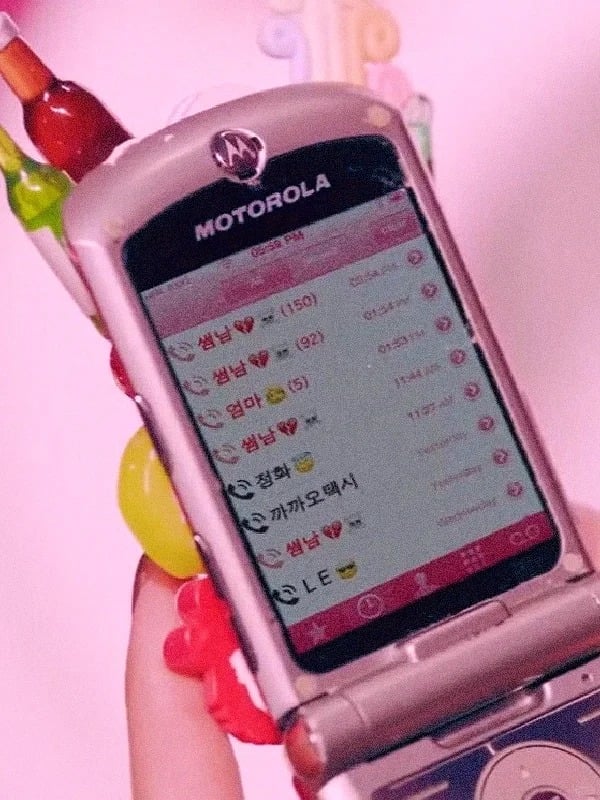

This trend is far more than a fleeting fashion statement; it’s a strategic embrace of digital minimalism and a quest for mental well-being. Growing up as digital natives, this generation understands the insidious nature of “doomscrolling” and the anxiety-inducing pressure to maintain perfect online personas. Studies show that over half of Gen Z experience mental health challenges, prompting a collective desire for digital detox.

The appeal of Y2K tech lies in its deliberate limitations. Flip phones, for instance, offer a respite from constant notifications, encouraging more present-moment interactions. Wired earphones bypass Bluetooth pairing woes and provide a tangible, often superior, audio experience. Digital cameras, especially point-and-shoots, remove the instant gratification (and pressure) of social media sharing, fostering a more intentional and artistic approach to photography. These devices symbolize a return to simplicity, tactility, and a slower pace of life. They empower users to curate their digital exposure, rather than being passively consumed by it.
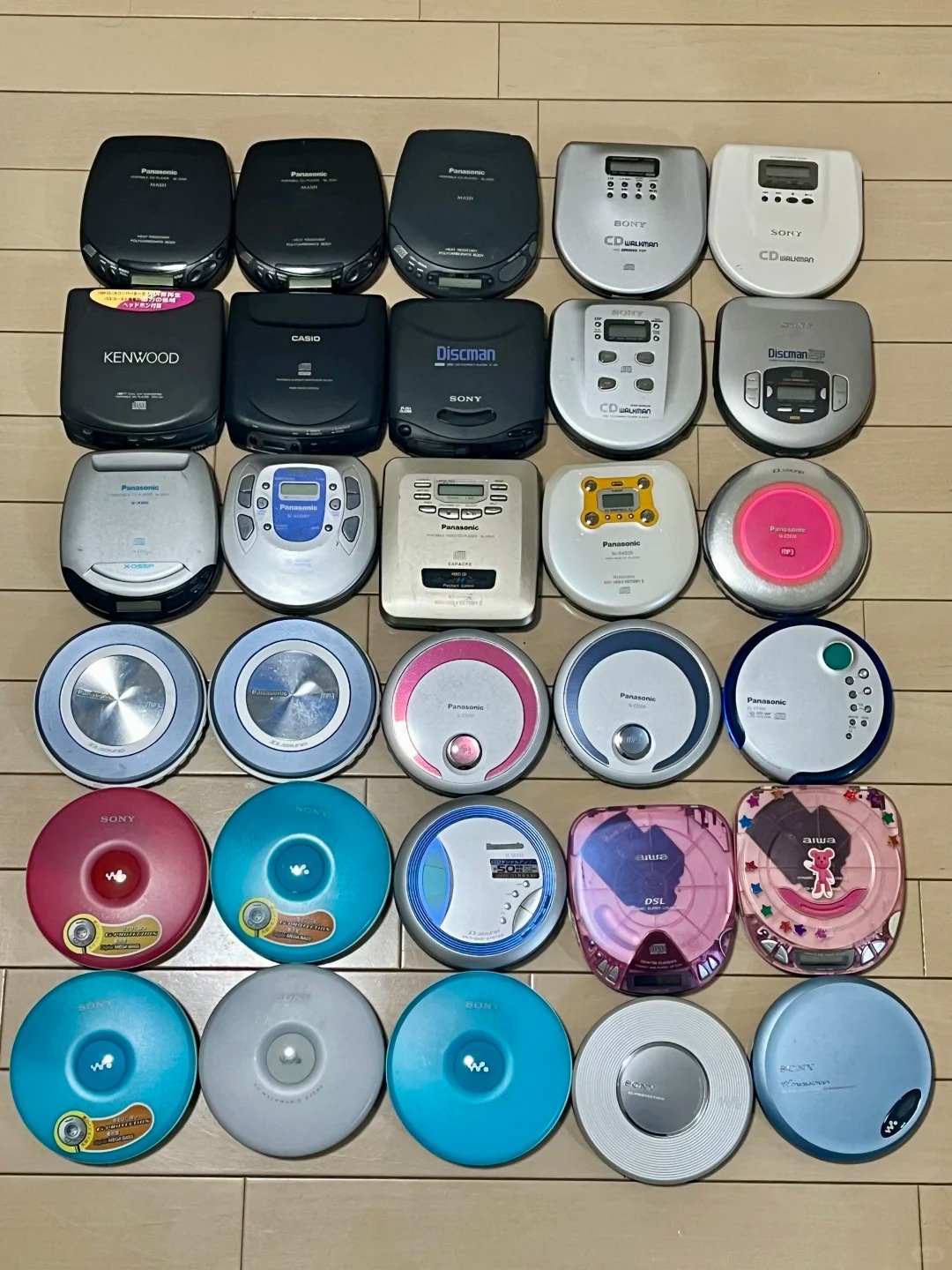
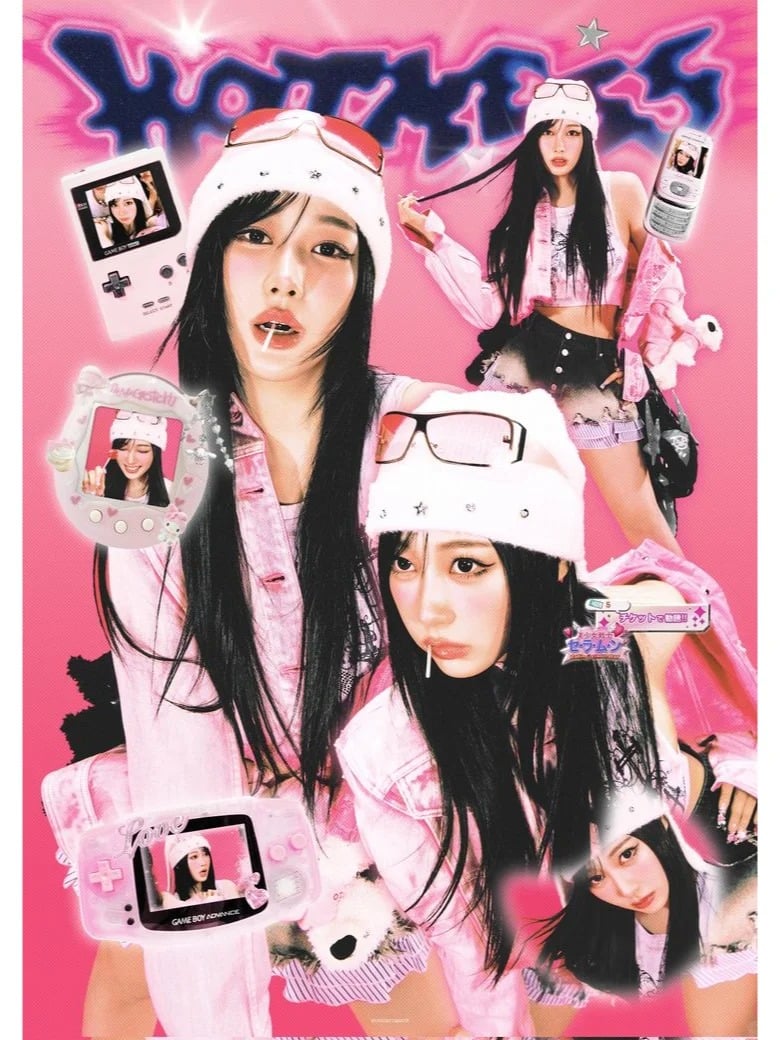
China’s Gen Z is at the forefront of this global movement. Having matured in one of the most technologically advanced societies today, their adoption patterns often predict broader worldwide trends. For them, technology is now deeply intertwined with identity and lifestyle. This makes their embrace of retro tech particularly significant, signaling a fundamental value shift towards authenticity, sustainable choices, and intentional living. They are actively seeking meaningful interactions and products that offer durability and a story, rather than mere status.

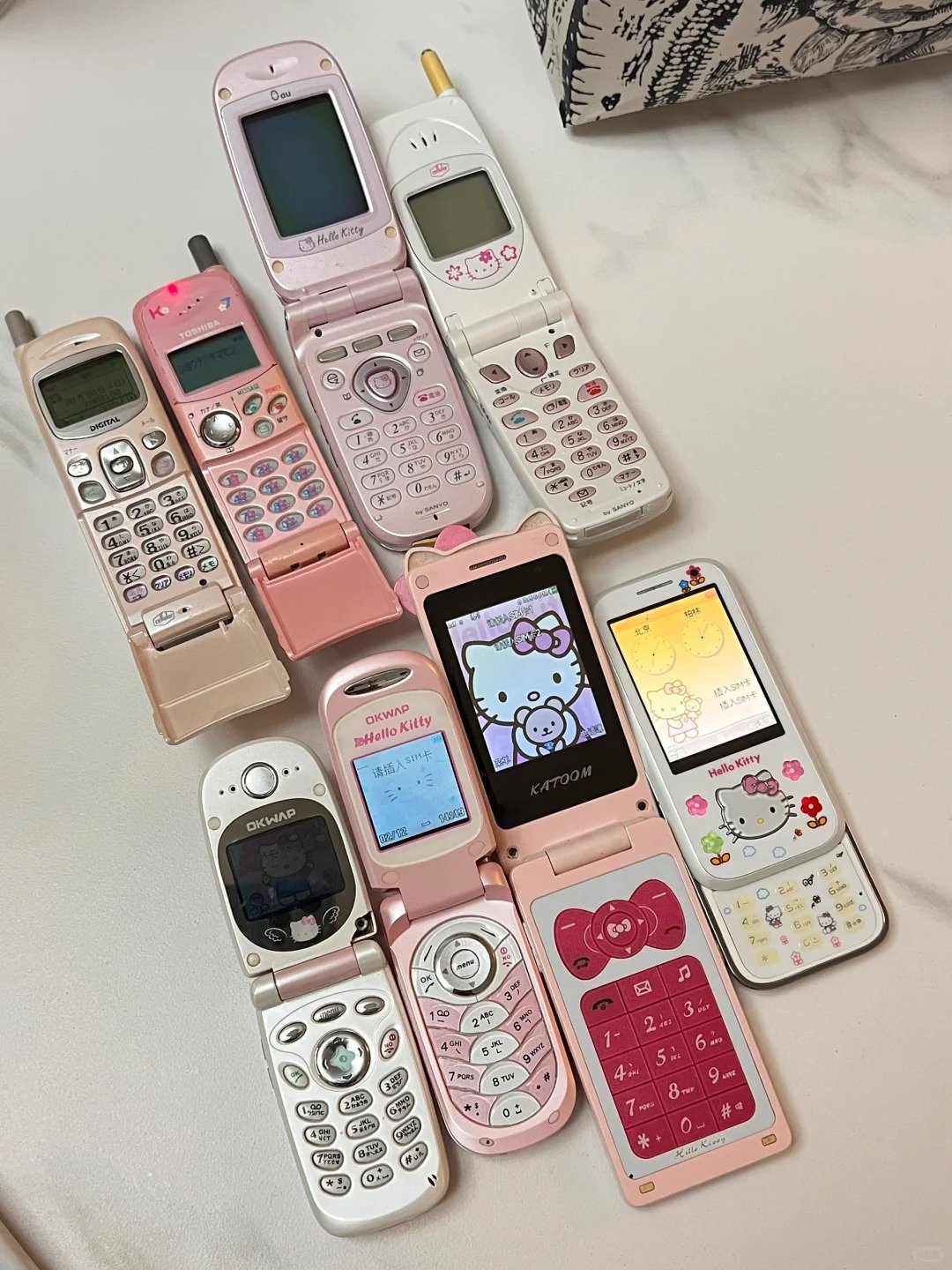
For brands, this signals a crucial moment. The Y2K tech revival highlights a growing desire for products and experiences that prioritize digital balance, sensory engagement, and genuine connection. Companies that understand and cater to this generation’s yearning for calm, control, and authenticity in a hyper-digital world will be the ones to truly resonate. It’s not about ditching technology, but about using it mindfully, on one’s own terms.
All images via Xiaohongshu.

